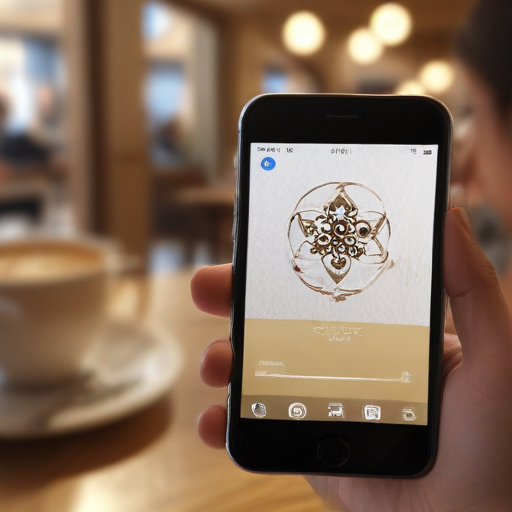As the Supreme Court deliberates over TikTok’s future in the U.S., American social media users are increasingly turning to an unexpected alternative: Xiaohongshu, known in the U.S. as RedNote. This Chinese social media platform, which translates to “Little Red Book,” has recently surged to the top of Apple’s U.S. App Store rankings.
Founded in 2013, Xiaohongshu boasts a user base of 300 million, primarily known for sharing lifestyle content similar to that found on platforms like Instagram. Originally thriving in China, the app is now capturing the attention of American users who are seeking new social media avenues in response to the potential TikTok ban.
The timing of Xiaohongshu’s rise is noteworthy, coinciding with escalating concerns regarding TikTok’s viability in the United States. Many TikTok users have publicly expressed their shift to RedNote, framing it as a rebellion against governmental restrictions. The hashtag “TikTok refugee” has amassed nearly 60 million views, highlighting the migration trend.
Amidst this influx, American users are eager to engage with the existing community on Xiaohongshu, with a focus on maintaining respectful interactions. Chinese users have largely welcomed these newcomers, sharing resources and tutorials to facilitate their integration into the platform. Some American users even appealed for a politics-free environment, emphasizing their intention to enjoy the app’s offerings while respecting its cultural nuances.
This unexpected migration has sparked a rare cultural exchange, with observers noting its potential to foster connections between American and Chinese users. Ivy Yang, a technology analyst, described this interplay as an organic form of cultural exchange that bridges language barriers and cultural differences. Such engagement is reminiscent of the interactions seen on the app Clubhouse, which offered a platform for open dialogue before regulatory intervention.
In contrast to TikTok, which is globally accessible and owned by ByteDance, Xiaohongshu caters primarily to a Chinese audience and utilizes an interest-based algorithm that promotes original content rather than influencer dominance. Another alternative, Lemon8—also owned by ByteDance—has become the second-most downloaded app on Apple’s U.S. store, though its future remains uncertain amid potential regulation of ByteDance-owned applications.
Overall, this evolution in the social media landscape could herald a promising shift in how users from different backgrounds engage and share experiences online. As Xiaohongshu welcomes its American users, there is hope for lasting connections and a richer understanding between diverse communities.
